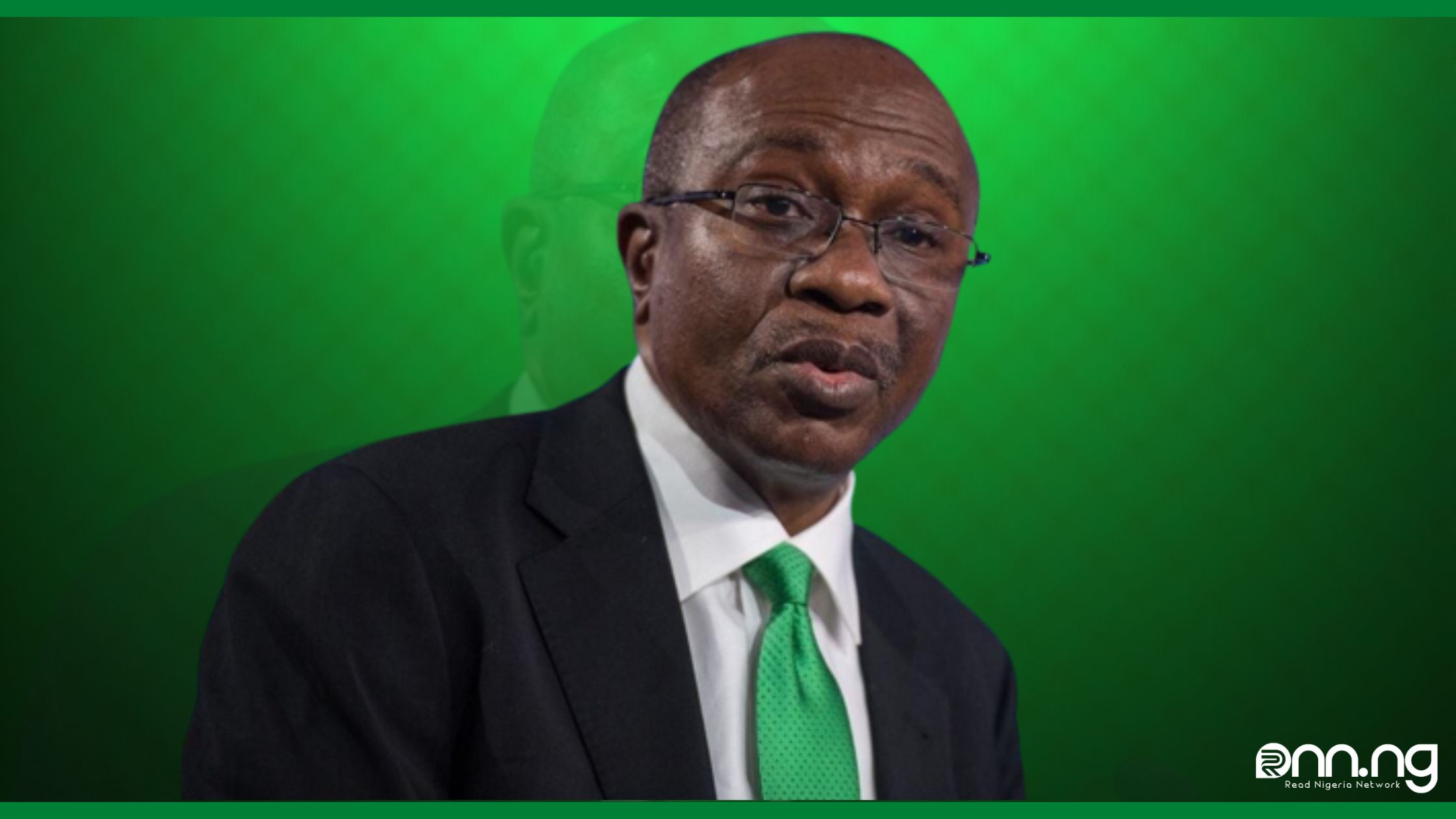Business News
CBN injected $11.24bn into the economy to defends the value naira
This information was found in the monthly economic reports on foreign exchange market trends published by the banking regulator.

From January 2022 through July 2022, the Central Bank of Nigeria pumped $11.24 billion into the economy to stabilize the value of the naira.
This information was found in the monthly economic reports on foreign exchange market trends published by the banking regulator. According to the report, the naira was stabilized with the help of $7.6 billion in the year’s first five months.
It read, “Total foreign exchange sales by the Bank to authorized dealers were $1.75 billion in July, a reduction of 15.4% from $2.07 billion in June. According to a breakdown, matured swaps and foreign exchange sales in the interbank/invisible window both fell by 22.0 and 59.1 percent, to $0.13 billion and $0.27 billion, respectively, from their corresponding levels in the previous month.
“In contrast, FX sales at Investors and Exporters, Secondary Market Intervention Sales and Small and Medium Enterprises windows rose by 5.8 per cent, 0.6 per cent and 65.7 per cent, respectively, to $0.44bn, $0.72bn, and $0.19bn, compared to their levels in June.”
READ MORE: CBN released new guidelines for licensing of banks
In a previous report, the CBN claimed that it had intervened in the markets with $1.65 billion, $1.39 billion, and $1.82 billion in January, February, and March, and $1.56 billion and $1.18 billion, respectively, in April and May.
According to the report, “Total foreign exchange sales by the bank to authorized dealers were $1.18 billion, down 24.4% from $1.56 billion in April.
“A breakdown shows that foreign exchange sales at the Investors and Exporters and interbank/invisible windows decreased by 37.9 per cent and 0.7 per cent to $0.16bn apiece, below their respective levels in the preceding month.
“Similarly, SMIS and matured swap contracts fell by 7.0 per cent and 71.4 pto er cent to $0.64bn and $0.10bn, respectively, compared to the amounts in April. However, foreign exchange sales at the Small and Medium Enterprises window rose by 8.4 per cent to $0.12bn in the review period.”
In order to stabilize the economy and satisfy a rising demand in the market, the CBN has begun participating in the foreign exchange market.
Nigeria depends heavily on imports, which drives up the demand for dollars to pay for completed goods and import raw materials.
